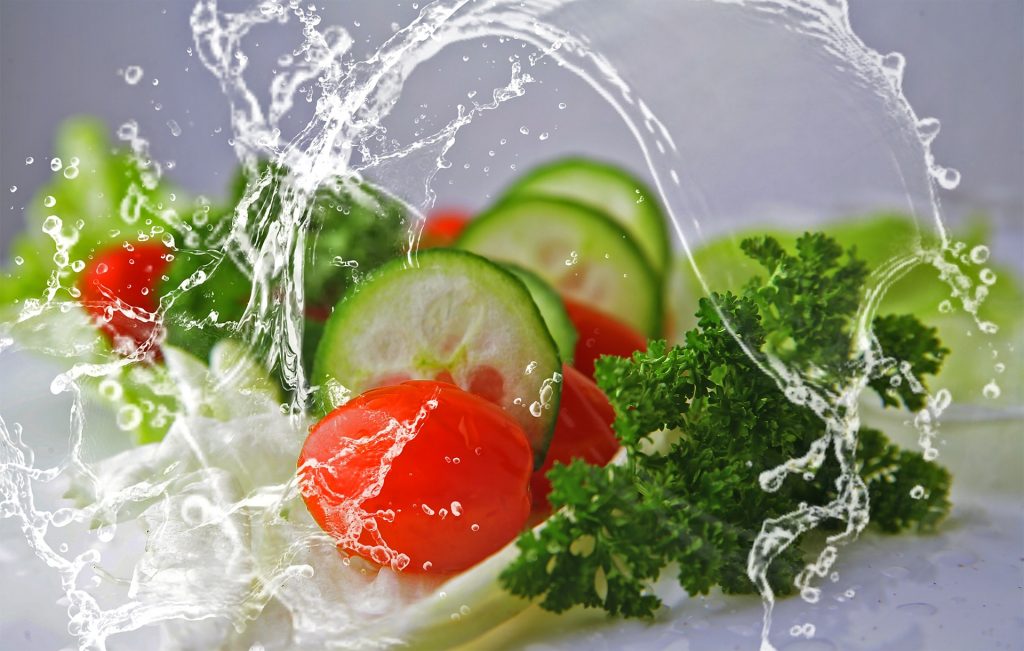I ordered this device to track nighttime desaturation which might indicate need for sleep apnea evaluation. The heart rate matches what my Garmin watch records. I like the ODI with recording of events and reporting by percentage risk. Comfortable to wear at night. I'd not wear device during day due to need for positioning of bulk of device against inner side of finger (palm side).
Dr wanted me to go through a sleep study because they thought I had sleep apnea based on one measurement of my blood oxygen. After getting the sleep on three Ring, I attracted for three weeks and averaged between 93 and 96 at night. Not going to go through the sleep study.
As a very light sleeper, how the sleep mask felt on my skin and attached to my head was critical. Most face masks disturbed my sleep and were removed during the night. However I needed a sleep mask exactly because I was a very light sleeper and decided to give this one a try. What a lovely surprise! The mask was soft on the skin, did not pull my hair or cause any discomfort to my ears or eyes and it blocked ALL the light. It felt like a soft hug, very comfortable and gentle. I sleep more deeply with it on. Thank you SleepOn for designing the perfect sleep mask for the sensitive skin sleeper.
This is the first time I’ve owned a device like this, so I didn’t really know what to expect, and it really can’t be adequately explained in the company literature. The “fitting” process is important, but hard to describe. I followed the directions as well as I could, and the result was just passable. Because the gel sets up permanently once the process is complete, you end up with a prosthetic that matches your teeth and gums, but feels very tight and foreign. When I put my mouth guard in place, it’s temporarily uncomfortable. However, within a minute, it feels better. The design keeps my mouth and tongue in the right position, and I can even doze off to sleep wearing it. I’ve had it long enough to feel that it is a good investment for me, and I now carry it with me, just in case I need it.











